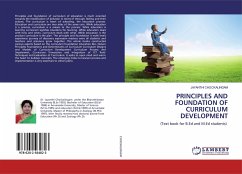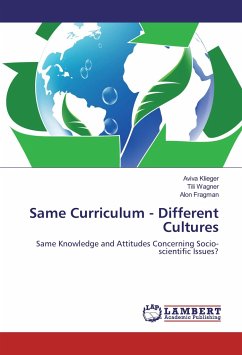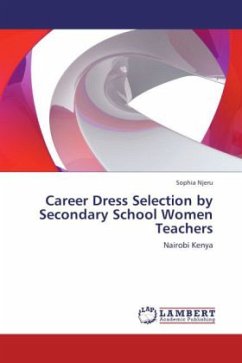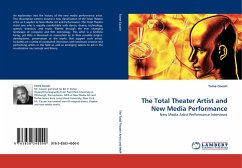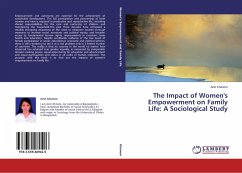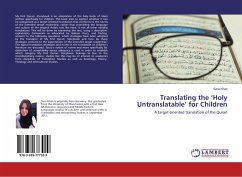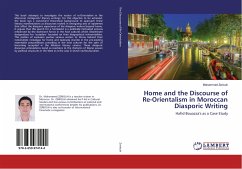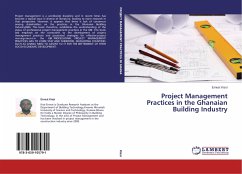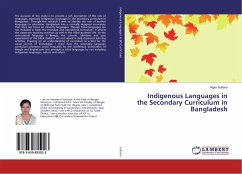
Indigenous Languages in the Secondary Curriculum in Bangladesh
Versandkostenfrei!
Versandfertig in 6-10 Tagen
41,99 €
inkl. MwSt.

PAYBACK Punkte
21 °P sammeln!
The purpose of this study is to provide a rich description of the role of languages, especially indigenous languages in the secondary curriculum in Bangladesh. Through this research I seek to identify the role of mother languages in education. Bangladesh has a centrally designed curriculum that does not focus on minority languages. Though tribal languages are not included in both the intended and operational curriculum, it affects the classroom teaching practices as well as the tribal students' life. As the instructional language is Bangla, the cultures, identities and past experiences of the ...
The purpose of this study is to provide a rich description of the role of languages, especially indigenous languages in the secondary curriculum in Bangladesh. Through this research I seek to identify the role of mother languages in education. Bangladesh has a centrally designed curriculum that does not focus on minority languages. Though tribal languages are not included in both the intended and operational curriculum, it affects the classroom teaching practices as well as the tribal students' life. As the instructional language is Bangla, the cultures, identities and past experiences of the tribal students are not valued in daily classroom learning activities. Drawing on an understanding of curriculum as a tool for the social control of knowledge, I show how the secondary language curriculum promotes social inequality by the intellectual domination of Bangla and English over less prestigious tribal languages by not including indigenous languages, culture and values.



